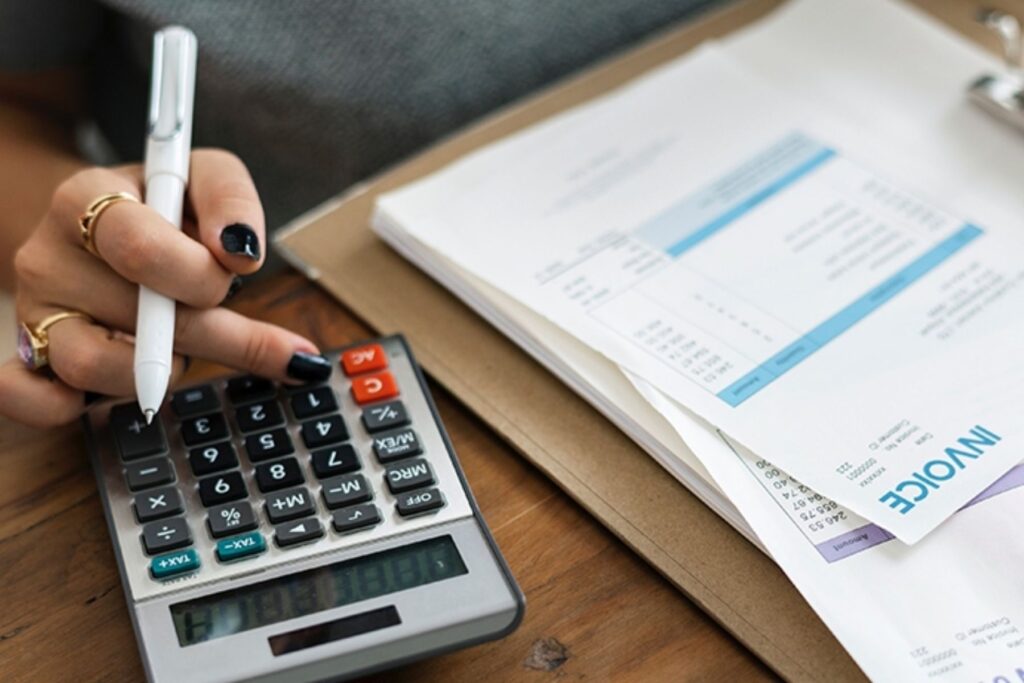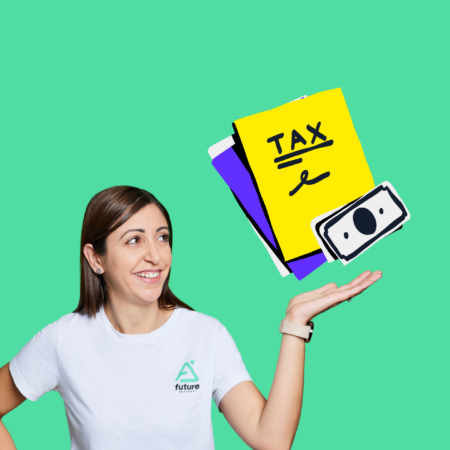How And Why Should You Record Keep Properly?
Unless you’re a Type A organisational genius (if yes, we already have a crush on you…), then record keeping is a big old pain in the butt for business owners. It’s something our team spend a lot of time chasing up and we get it – we’re the first to dob Jase in for his poor record keeping 😉
Here’s an explainer as to why we have to nag you for those pesky receipts and ways that tech can make it much easier.
Why are all business owners required to keep records?
All business owners are required to keep records of their income and expenses for five years, from the date of the relevant tax returns lodgement date. These records also include other documents such as elections, determinations and calculations relating to your business affairs.
If you’ve amended any of your tax lodgements (BAS, Tax Returns, FBT Returns) at a future date, the record keeping requirement starts again from the date the amendment was lodged.
The ATO can request copies of any documents relating to running your business if they choose to review your lodged returns, and not having those documents isn’t exactly a rabbit hole you (and we) want to go down. Protect yourself and your business… and make your life a lot easier than the alternative. More on that below.

What records do business owners need to keep?
All income and expenses related to running your business must be recorded. Think bank statements, physical receipts, electronic receipts, copies of invoices issued, workpapers for calculating income and expenses, logbooks etc. An easy way to think about it is if you’re reconciling it in Xero, then you should have the correlating record.
The records you keep need to contain enough information for the ATO to determine the nature of the transaction, its essential purpose, and how it relates to your business. An easy example of this is deciphering how much of that Coles Express expense was petrol, and how much was gum and choccy 😉
The minimum requirements are date, amount, what was purchased (ie. materials, labour services) and any relevant GST on the transaction.
What happens if you don’t keep records?
If you don’t keep records of your business income and expenses, the ATO may disallow any of these transactions if your lodgements are reviewed – eeek! It’s not time to panic though – not all forms of business records are in the form of receipts. If you lose or forget to record your expenses, other options are available.
For example: you don’t keep copies of all your petrol receipts, the ATO will allow you to claim the cents per km method based on the number of kilometres you travelled, at their approved rate.
What’s the best or easiest way to record keep?
Electronic record keeping is the easiest way to stay on top of your business income and expenses. The ATO has an app specifically for recording your deductions called myDeductions. This app allows you to take photos of your receipts and record work-related travel and other work-related expenses.
Xero also provides a fantastic platform to record and store all your business records. Your bank feeds are imported directly into your Xero file and paired with other add-on software like Hubdoc. You can import and record any business receipts through their easy-to-use app. More on our love affair with Xero accounting here.
Electronic record keeping – like excel – is an excellent way to summarise your income and expenses. Suppose you do choose to provide your accountant with an (old school but effective) excel summary spreadsheet. In that case, you need to ensure you keep some sort of record of the income and expenses (whether it be physical or electronic receipts) for the business for the five years.
Choose what works for you and stick to it!
Can my accountant help me with record keeping?
Your accountant is the best person to help you with your record keeping. We not only understand what records we need to be able to complete the most accurate ATO lodgements on your behalf, but we also understand what the ATO are looking for if they were to review your lodgements.
Get in touch here if you need a hand.













